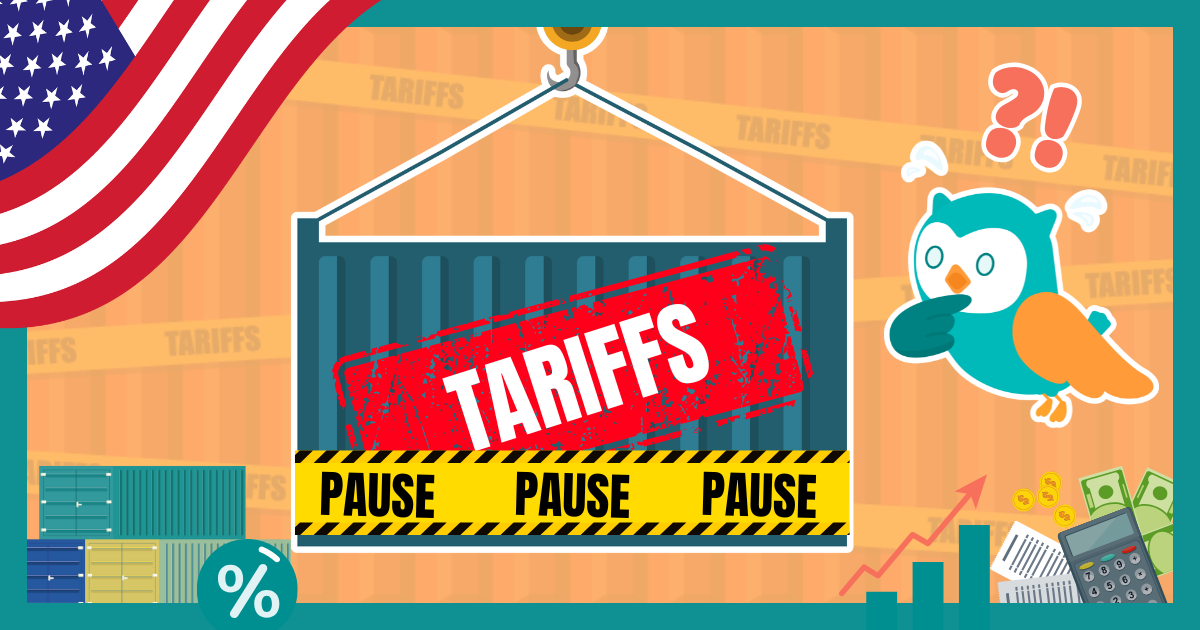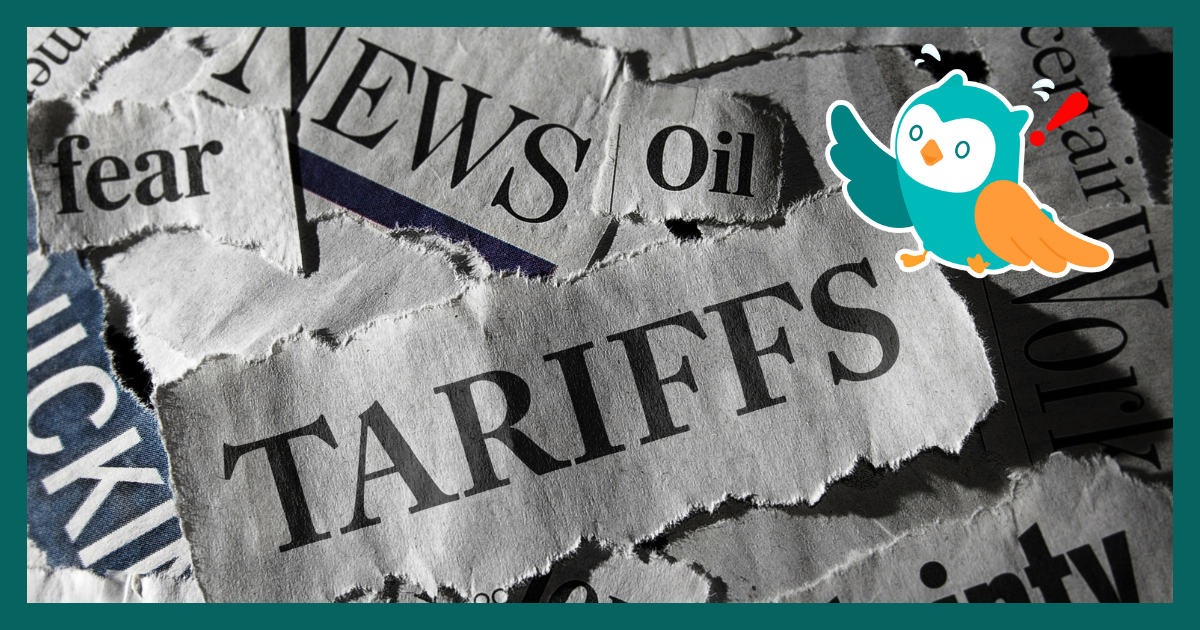Note: It was announced in November 2023 that MoneyOwl will be acquired by Temasek Trust to serve communities under a re-purposed model, and will move away from direct sale of financial products. The article is retained with original information relevant as at the date of the article only, and any mention of products or promotions is retained for reference purposes only.
______________
Investor advisers will look at the market and plan their investment strategies. What if we told you to ignore market outlooks for your investments to do well?
A year ago, at about this time, market watchers were generally pessimistic about 2019. After all, just a month ago on Christmas Eve of 2018, markets (represented by MSCI World Index) fell by 11.76% as fears of an impending trade war between China and US grew. We started 2020 with similar sentiments.
Besides having the concern (again) that a decade of good stock market performance post-global financial crisis of 2008 will soon come to an end, there are fears of a war breaking out and this time, a military one between Iran and US after US airstrike killed Iranian Major General Qassem Soleimani and even as this article was being written, the Iranians have retaliated with the firing of missiles on 2 Iraqi military bases that housed US troops.
So as investors go into the “market outlook” season where many financial institutions (have no choice but to) make predictions and forecasts on what will happen in 2020, you may hear many financial experts calling for you to stay away from equities this year and instead “overweight” safe assets such as bonds and even gold.
So will they be right? Honestly, we don’t know. In fact, Chuin Ting Weber, my fellow CEO/CIO at MoneyOwl wrote in her first CIO letter of the year to investors that we do not have “2020 outlook” (pun intended). All we know is that if you have listened to these so-called experts one year ago, you would have missed out on the second-best equities bull market of the decade where the MSCI World returned 27.67%. But we also know that one day, markets will fall and fall badly. It could indeed be 2020 or maybe 2021 or perhaps 2025 (We don’t know!). How then do we manage this risk since we can never accurately guess markets? There are generally 3 ways to manage risks.
Investment Management
The most common way investors and even advisers manage risks for their clients are through investment management. It all starts with having a portfolio at a “neutral” position. This neutral position could be 60% in equities and 40% in bonds. Or it could be 80% in equities and 20% in bonds. They then make “calls” on where they think markets will be heading based on economic data, geopolitical news and the like.
If they think the stock market is going to crash, they will “underweight” equities (meaning sell off some equities) to buy some bonds (overweight bonds). They may even move monies into cash or gold if they are very bearish. In the world where I live in, this method is called tactical asset allocation (TAA).
Some investors or advisers also do what is called “tilts” – moving monies between sectors, regions, countries if they guess that one will not do as well as the other. The problem with these approaches is that they are highly ineffective and scores of data have shown that even professionals can’t do it accurately most of the time. For those who can, they don’t do it consistently. So it is really a futile attempt.
Financial Management
Ironically, a better way to manage investment risks is not using the investment way but through financial management a.k.a. financial planning. You see, although stock markets often rise and fall, there are sufficient evidence to show that they always go up in the long term.
This being the case, it does not make sense at all to make short term guesses to mitigate short term volatility as long as you don’t have to sell your investments in the short term to fund expenses. So some ways to do that are:
1. Keeping your job by being the best in what you do
If you are young and still accumulating your wealth, you are the best “bond investment” in your portfolio. If you are good at what you do and continue to do better by being the best in your job, in terms of competence and attitude, you will continue to receive a good income from your job.
There is no need to be afraid of a financial crisis or the need to sell your investments because you lose your job and need money.
2. Having an emergency fund
If you have 6 months to 12 months of your expenses in cash, you never really have to worry about a stock market crash. You have an emergency fund you can dip into, even if you lose your job.
You don’t have to sell your investments when it is at its worse.
3. Cashflow management (a.k.a. bucketing)
If you are in retirement or near to retirement, it is important to divide your assets into various “buckets”. The first bucket is for monies that you will need to draw down immediately for the first 3-5 years. These monies should be in cash or cash-like assets that will not be affected by a stock market crash. Then for the rest of your monies, you can put them in buckets with various proportions of equities and bonds depending on when you need the money in your retirement.
As an example, for monies that you do not need to draw down upon until say 20 years later in your retirement, you can invest it in a portfolio of 80% equities and 20 bonds. So even if there is a big financial meltdown, you have more than enough time for your portfolio to recover and grow into an amount that you need.
Self-Management
Nobody likes it when the stock markets crash. We tend to succumb to our fears especially when we read frightening headlines and after hearing how other investors have sold off their investments. And although the head understands the need to stay invested for the long run, the heart does not understand.
Personally, I find that one way I can take away my fears about market crashes is when I have set aside cash (over and above my emergency fund as well as my regular investments) to top up my investments when markets go down. So, I am no longer fearful but instead am excited for the rare opportunity to further build my wealth.
So, in 2020, do yourself a favour. Do not depend on market outlooks or some tweets to make investment decisions. Regularly invest regardless of what headlines or the so-called experts say. Make good financial planning decisions to stay invested for the long run and set aside cash to capitalize on the opportunities when they present themselves.
Christopher Tan is CEO, Providend, a fee-only retirement financial adviser and also Executive Director, MoneyOwl, Singapore’s first bionic financial adviser. Both Providend and MoneyOwl share the same investment philosophy. The edited version has been published in The Sunday Times on 19th January 2020.
Announcement: With effect from 1 June 2022, MoneyOwl is a 100% NTUC Enterprise (NE)-owned company.




